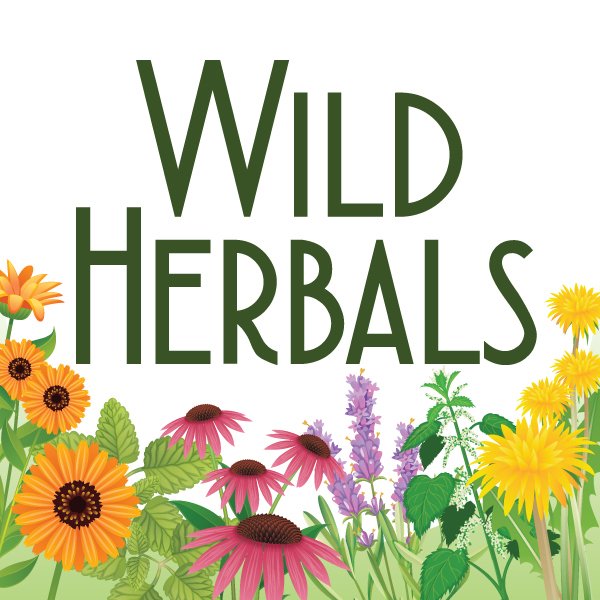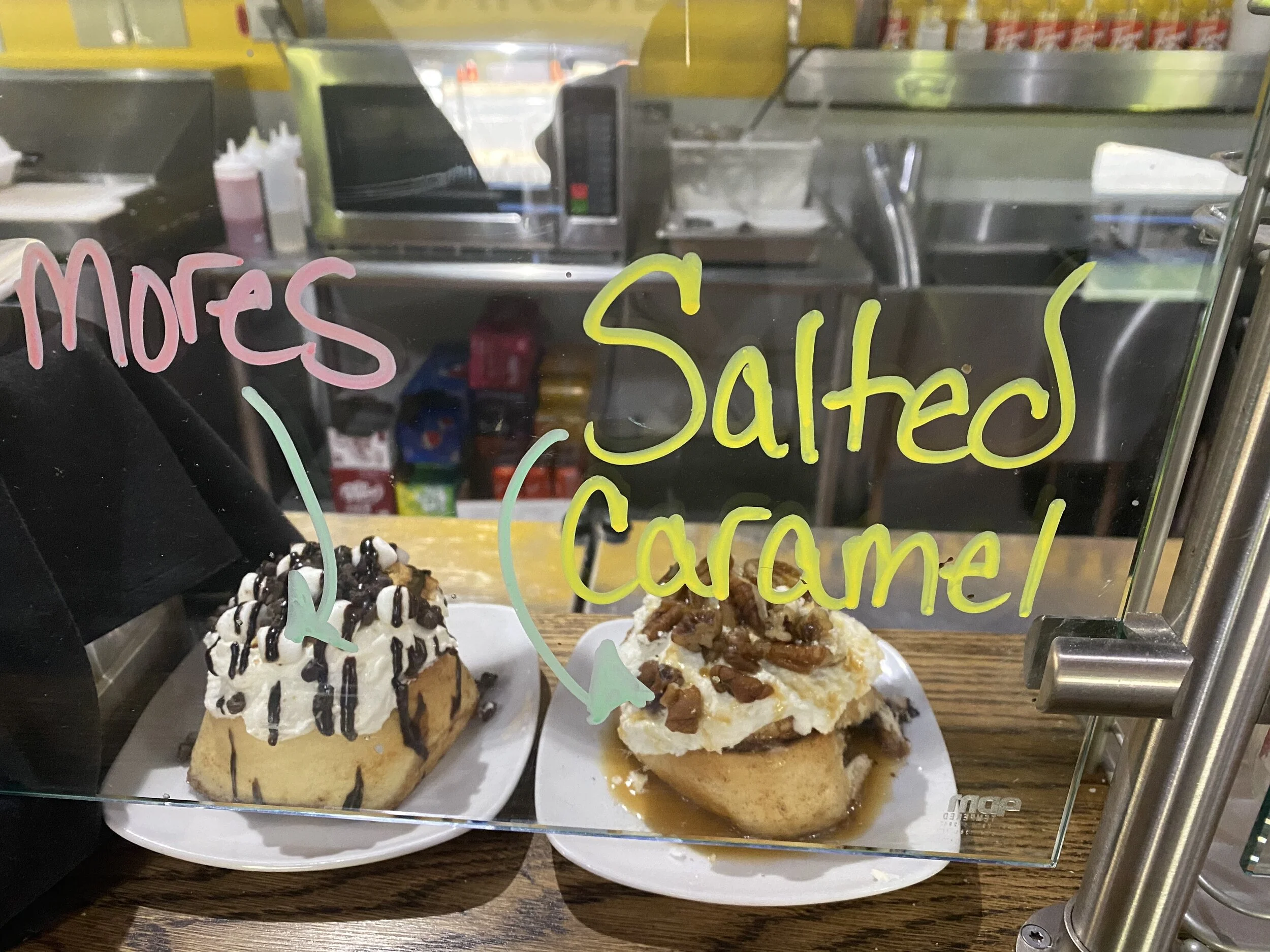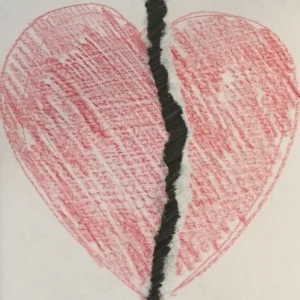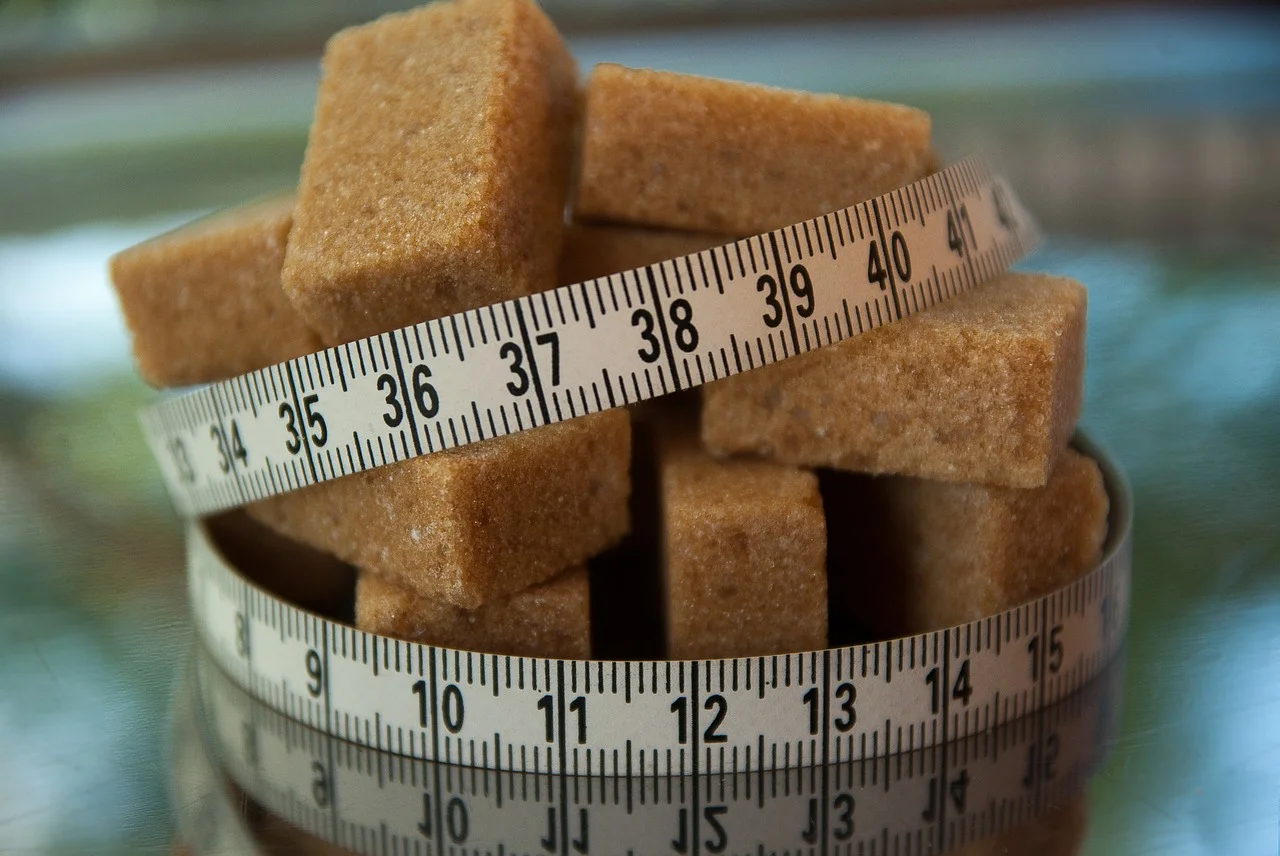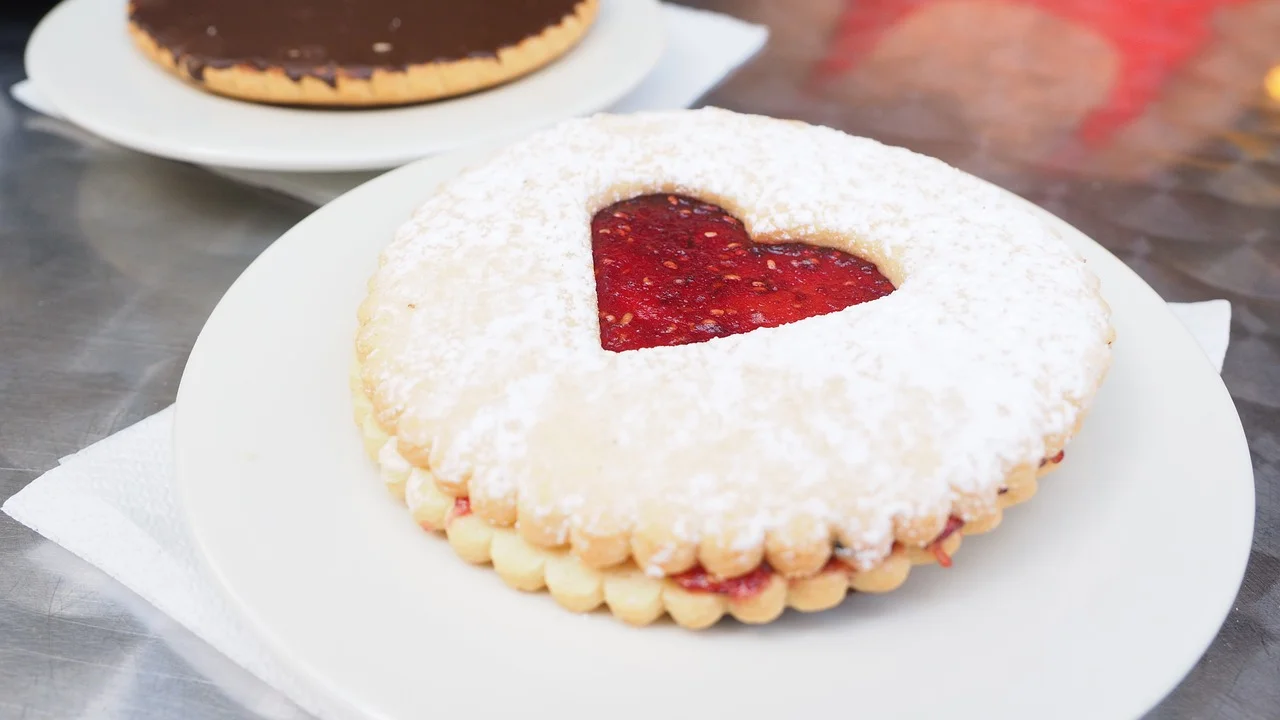Seasons change, and that goes along with seasons in life. For almost nine years, I have been on a health journey that would forever change my life. During that time, I went from eating meat to becoming a vegetarian, then a vegan, back to vegetarian, then pescatarian, and now a flexitarian. If you are wondering if I was just confused, maybe I was. The biggest lesson I learned during this process was how to listen to my body…which isn’t easy to do. It takes a lot of practice and discipline.
A Little Sugar
During a recent conversation, I was made aware of our lack of understanding about sugar that left my head spinning. The person I was speaking to had dental decay and was concerned about the amount of money it was going to cost for all the repairs. I asked him if he knew what was causing his problem? After a short pause, he came up with the lack of coming to the dentist, then added probably that he drinks coffee. Hmmm…
Why do you think coffee is causing your problem? I probed. He explained that all he put in his coffee was “a little” sugar. That was the only thing he could think of that had sugar in it. I asked how much was “a little.”
The Big Breakup
Breaking up with a true love is painful. It can be emotionally and physically taxing. When breakups happen, thoughts about the loss consumes the mind. Often it feels difficult to move forward and the longings can weigh heavily on one’s spirit. Difficulty in sleeping, moodiness, and anger can occur. Divisions
Is Food Connected To Mood?
The New Tobacco
For years, ad campaigns show consumers the negative side of tobacco use. Taxes have increased making it more difficult to purchase tobacco products, but I have another addiction issue that is affecting more of us than tobacco. I'll even go as far as to say it's more addicting because it's in virtually everything consumed. Sugar is the new tobacco. Words spoken over a message from a smart phone. The words ring true to me as I have been conducting an action research study about sugars and how it affects our health. I’ve written several posts relating to sugars and its addicting properties. The population is gaining more girth, while Big Food is gaining more profits.
Back in the 1970’s a call to action was made when heart disease was reaching an all time high. Scientists from all over the world where summoned to figure out why the increase in heart disease and a plan to stop it. One scientist, Ancel Keys, a professor from the University of Minnesota, announced that fat was making us fat. He proposed removing fat from our foods was the answer to a healthier heart. As a response to an ongoing call from the public to have healthier food choices, Big Food wasted no time in providing us with “low fat” and “fat free” options. Something needed to be added to the ingredient list so that the food didn’t taste like cardboard. You guessed it…sugar! And we’ve been getting fatter and fatter ever since.
The “no fat” option did not help the heart disease epidemic either; nor has it helped our waist lines. With Type II diabetes on the increase, something else must be the cause. Another voice, spoke out in opposition, John Yudkin, founder of the nutrition department at the University of London’s Queen Elizabeth College, had a different spin on the situation. Yudkin had been doing his own experiments and laid blame not on fat, but the consumption of sugar. His research in laboratory animals fed sugar and carbohydrates showed raised blood levels of tryglycerides which is considered a risk factor for heart disease. Sugar also raised insulin levels, which links it directly to type 2 diabetes. For years, we have known there is a link between oral and systemic disease. High carbohydrate intake can been seen in the oral cavity between weeks or months, however the systemic effects may take decades.
Two patients come to mind that I want you to meet. When Mr. A came into my operatory two years ago, he had a full list of health concerns: diabetes, heart disease, kidney disease to name a few. His medical doctor told him he would likely be on dialysis within four years. He was unable to walk any length of time due to being short of breath and walked with a cane. A year later, Mr. A was back to playing golf, had drastically reduced his diabetes medications while completely eliminating others. He was enjoying life once more. His oral health had also improved. So what changed? Everything! He became a vegetarian, and eats primarily beans, grains and vegetables. He will have some dairy, but very little and almost NO sugar other than honey. He says he feels better now than he has in years.
Ms. C came into my operatory recently looking thin. At first, I thought she was going to tell me had been really sick, and I guess in some way, she was. Ms. C told me she quit eating sugar thirteen months ago! What?!? I asked her what happened thirteen months ago that made her quit eating sugar. Previously, she was diagnosis with Type II diabetes. Even though she went to the gym on a regular basis, she had been unable to loose weight or control the diabetes. When the doctor told her it was time for insulin, that’s when she decided it was time to get serious. She gave up fermentable carbohydrates and lost 65 pounds. She says she feels great, but this new way of eating is difficult when going out to eat. She is determined to continue this lifestyle as she no longer takes any diabetic medications. That’s right…NONE!
What an inspiration they are to all of us. Sugar is the new tobacco. It’s killing us one spoonfull at a time. No amount of exercise will ever beat a bad diet. What we consume should feed our cells, not our tongue. Isn’t it time your took control of what you eat?
health-bite: sugar is serious stuff
My Sugar Addiction
I think I’ve been addicted to sugar all my life. When I was little, I would sneak cookies from the cookie jar, and would frequently ask my dad to buy me a candy bar at the store check out. When I was old enough, I started baking cookies, brownies, and cakes. Not sure how all of this sugar stuff started, but I’ve been feeding my cravings for years. There wasn’t a reason for me to stop the habit initially, even though I knew it wasn’t considered healthy. For most of my life, I’ve been able to maintain my weight, did not have problems with my teeth, and have been healthy…according to my doctor. It wasn’t until my spouse was diagnosed with cancer that I started looking into health, particularly, food.
The more I learned about systemic disease and cancer, I was convinced that sugar is a primary culprit in disease. What I found frustrating is that my husband’s doctors did not really touch on foods to eat or avoid. When I asked about sugars, one oncologist told me that cancer will feed on anything and that it’s not necessary to avoid sugars. On the other hand, when a patient has a PET scan (an image to help diagnose cancer), the patient drinks sugar water prior to the scan. Why? Because the sugar water goes directly to the cancer cells or tumor. If cancer doesn’t consume sugar, why use sugar water?
So why stop consuming sugar? Here a just a few reasons:
- Sugar has no nutritional value and is only adding empty calories, and empty calories mean you are hungry more often.
- Loose weight, because consuming empty calories and eating more often leads to weight gain.
- Have more energy, because instead of the highs and lows of the sugar rush, you will have sustained energy.
According to the Web MD, between 2001-2004, Americans consumed an average of 22 teaspoons of sugar a day, amounting to a 355 calories.
It’s not easy. So what’s the first step? Decide you are going to cut out sugars. You can decide how far you want to go. Will you give up added simple sugars or will you give up starchy pastas and potatoes too? You decide. See now you feel is a few days. First, though, set yourself up for success. Remove temptation from your eyes and brain. If you have cookies or soda in the house, get rid of it. This may not be so easy, so be prepared.
- Stock your pantry and refrigerator with alternatives to sugars.
- Prepare snacks ahead of time: celery and no-sugar added peanut butter, nuts like almonds or cashews, fruit like apples, grapes, etc. (you will enjoy fruit more once you give up the table sugars) and enjoy a fruit smoothie, hummus and veggies, and chips and salsa
- Have meals ready to go when you get home from work or school.
- Convince a friend or family member to do the challenge with you.
- Keep a food journal so you can see your progress. I like My Fitness Pal
- Weigh yourself in the beginning of the challenge and then again in two weeks.
It’s exciting to see what progress is being made. When you start to feel better, you'll want to continue. Remember, moderation is key. It's okay to have some sugar once in a while. Just know that sugar is a treat NOT a food.
Health-bite: Feel better without sugar.
